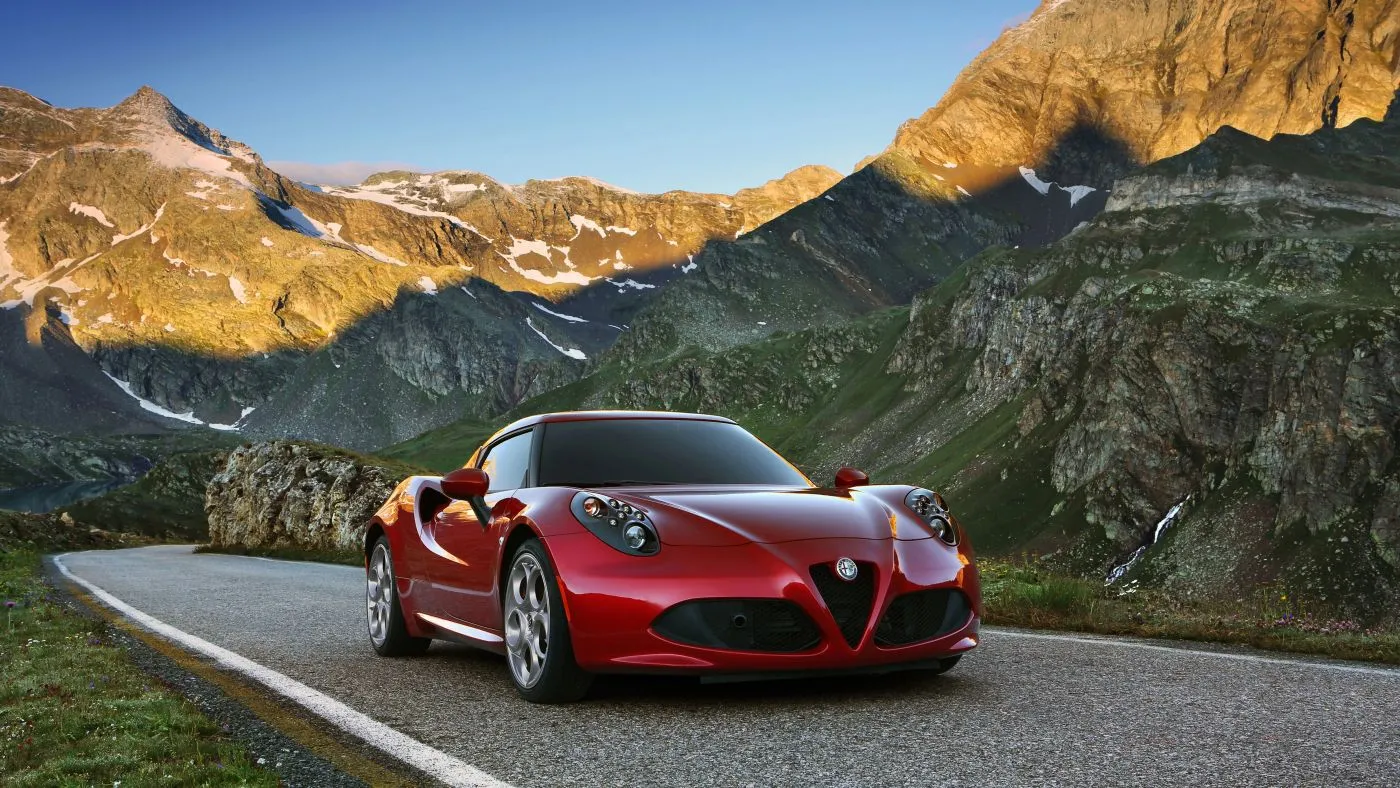In today’s rapidly developing automotive industry, although modern cars have won the market with their high-tech features and aerodynamic designs, classic cars still attract the hearts of countless car enthusiasts with their unique charm. They are not only means of transportation but also witnesses to history and displays of art.
Definition of Classic Cars
Classic cars typically refer to those vintage vehicles with a long history, unique design, and exquisite craftsmanship. They often possess aesthetic value that transcends time and excellent engineering technology, becoming treasures in the hearts of car enthusiasts.

The Charm of Classic Cars
1. Historical Value
The world of classic cars is diverse and rich, covering everything from early vintage cars to iconic models from the mid-20th century. They include the Ford Model T from the 1920s, the Rolls-Royce Phantom from the 1930s, the Chevrolet Bel Air from the 1950s, the Jaguar E-Type from the 1960s, the Porsche 911 from the 1970s, and many other vehicles of historical significance and design. These classic cars are not only masterpieces of engineering and design, but also legends in the hearts of car enthusiasts, and their existence allows the history of car culture to be passed on and celebrated.
2. Design Aesthetics
The design of classic cars often has unique aesthetic features, such as elegant body lines, vintage headlights, and distinctive logos, all of which are difficult for modern cars to replicate.
3. Exquisite Craftsmanship
The manufacturing process of classic cars reflects the technological level and craftsmanship of the time. From the handcrafted body to the delicate interior, every detail reveals the pursuit of perfection.
4. Driving Experience
Driving a classic car is like having a conversation with history. They are usually equipped with manual transmissions, providing a driving experience that is completely different from modern automatic cars.

Maintenance of Classic Cars
The maintenance of classic cars requires professional knowledge and special skills. Since many parts are no longer produced, finding replacement parts may require patience and resources. In addition, regular mechanical inspections and maintenance are crucial for keeping the vehicle in good condition.
The Culture of Classic Cars
Classic cars are not only collected by car enthusiasts but are also an important part of car culture. They can often be seen at car shows and rallies around the world, becoming highlights of the events.
1. Car Shows
At internationally renowned car shows, the classic car exhibition area always attracts a lot of attention. They are not only a window to display the history of the automotive industry but also a source of inspiration for modern designers.
2. Rallies
Classic car rallies such as Mille Miglia and Peking to Paris are not only tests of vehicle performance but also challenges to the driver’s skills and courage. In these competitions, both the Alfa Romeo and the BMW 328 Touring Coupe achieved amazing results.
Conclusion
Classic cars, as a tribute to time, their value far exceeds the category of transportation. They are a respect for the past, an enjoyment of the present, and an inspiration for the future. Whether as a collection or a driving experience, classic cars will continue to hold an irreplaceable position in the world of automobiles.

